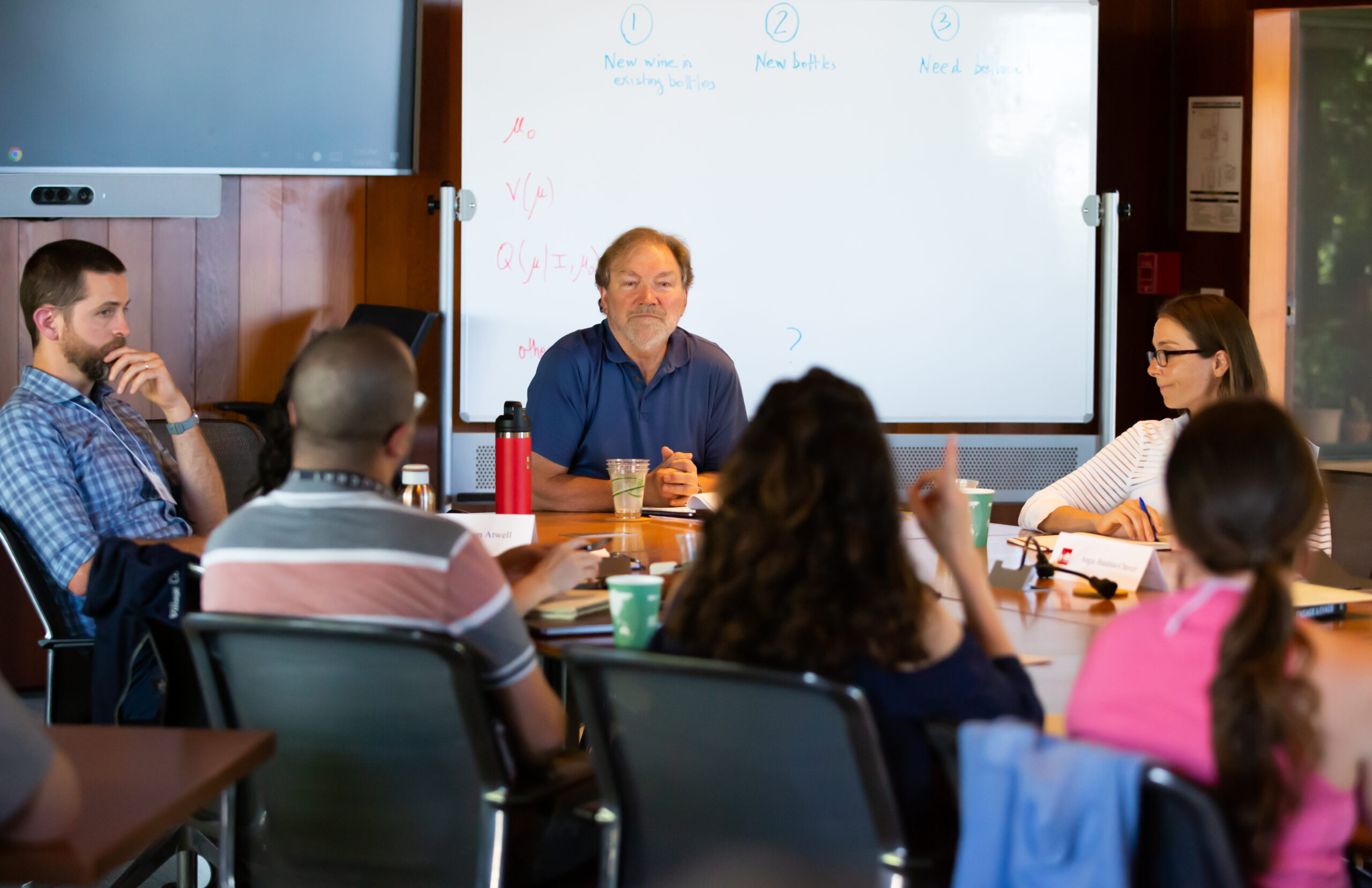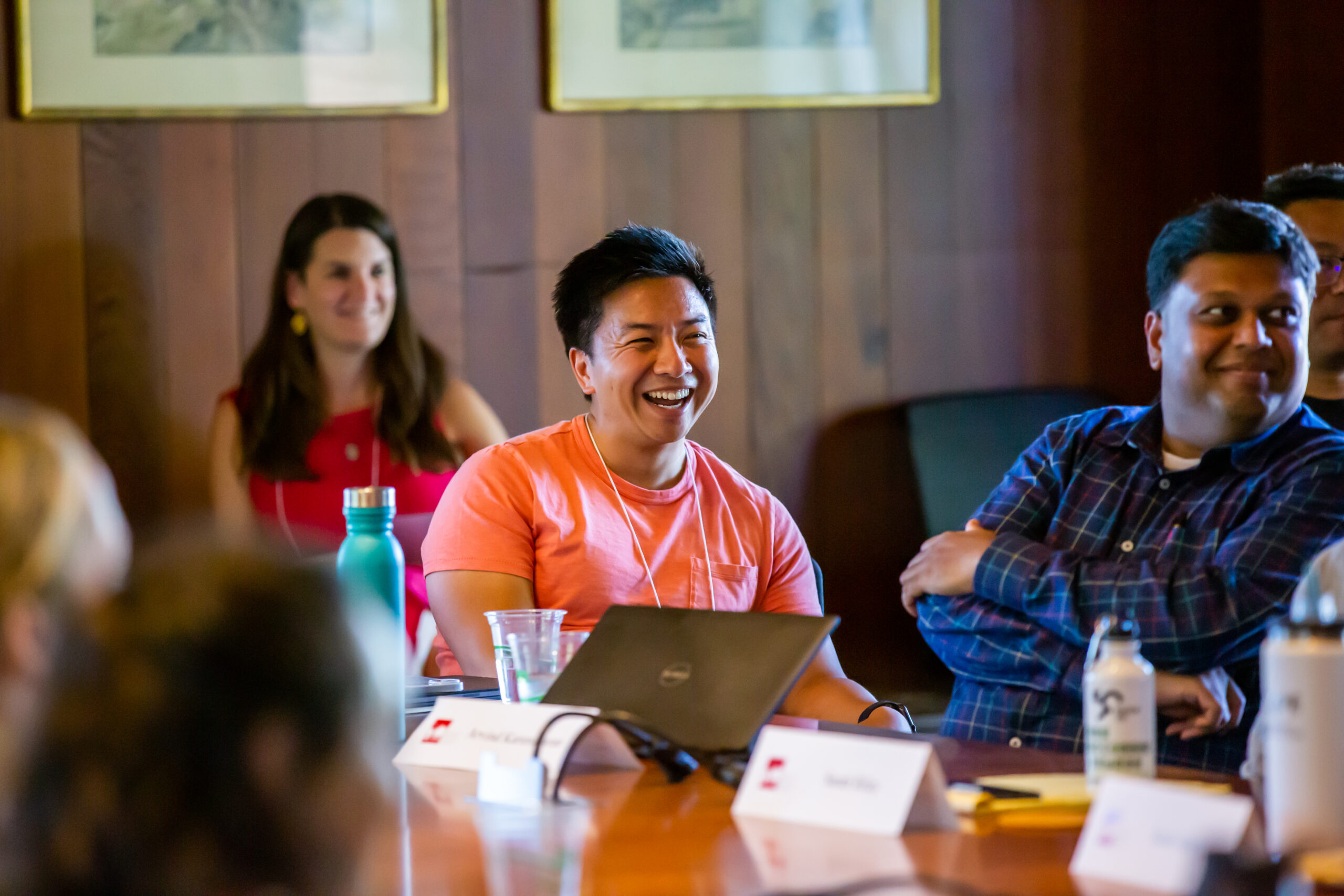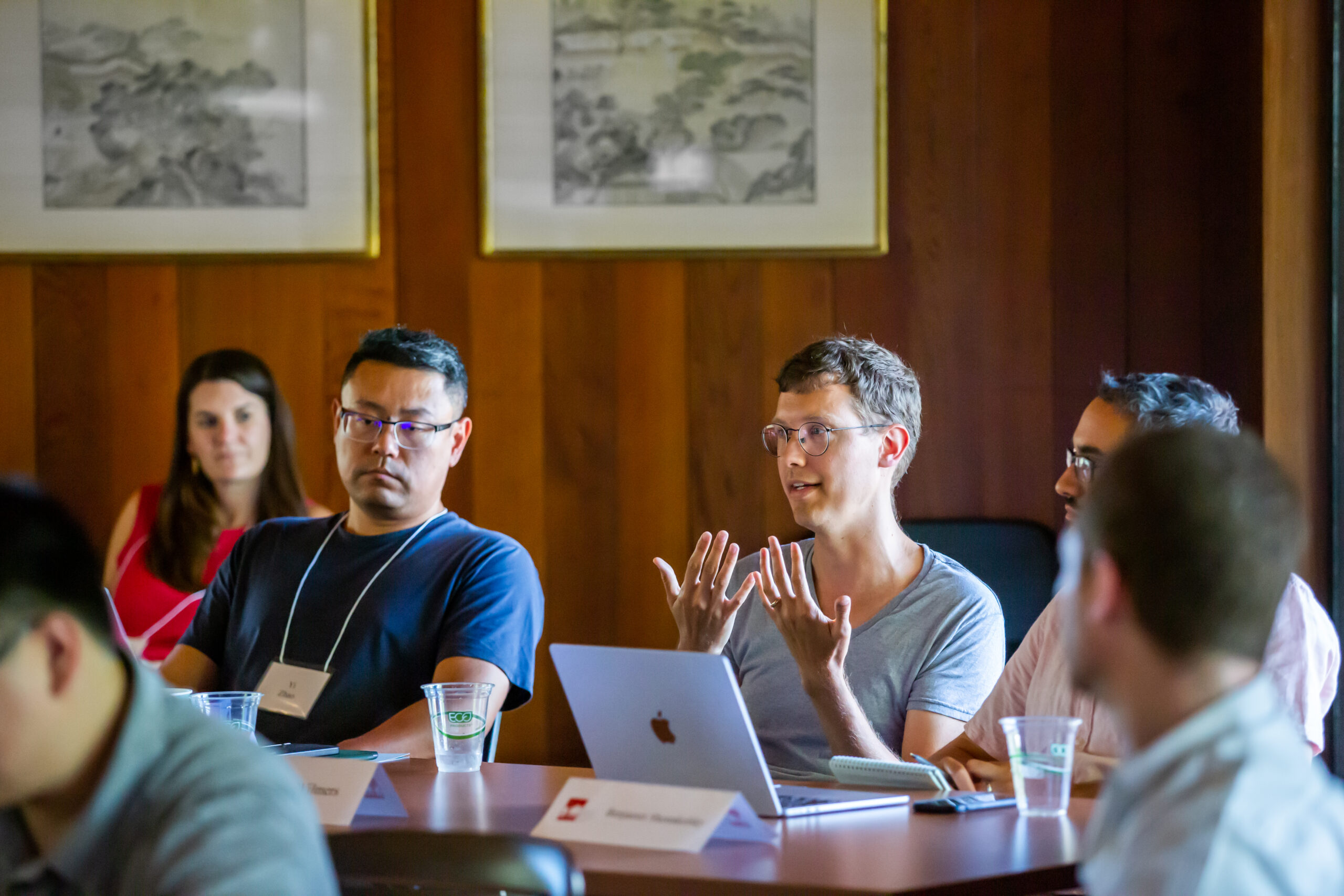Seminar on Organizational Theory
Sociology 363A/ Education 375A/ MSE 389
This course is taught annually in the fall. It is a Ph.D. seminar designed to introduce students to fundamental questions about, and approaches to, the study of organizations. The goal is to provide students with a thorough grounding in the social science literature on organizations. Students will gain familiarity with the major theoretical and empirical traditions in organization theory. The readings are organized historically. This will enable students to understand the intellectual development of organization theory and the various shifts in emphasis: from workers to managers, from organizational processes to outputs, from studies of a single organization and its environment to studies of populations of organizations and organizational fields. In addition to the conceptual readings, the early weeks of the course are supplemented with historical materials that supply a social context for understanding the theoretical developments. Read the syllabus.
Seminar on Philanthropy and Civil Society
Educ 374/ PoliSci 334/ Soc 374/Law 78
This is a year-long course, associated with the Stanford Center for Philanthropy and Civil Society (PACS). This seminar is intended for Ph.D. students and postdoctoral fellows doing research on the nature and ramifications of civil society and/or the effects of philanthropy on civil society, either domestically or globally. The course is also open to advanced undergraduates writing senior theses on these topics. The purpose of the seminar is to assist students in pursuing their research and writing. We accomplish this through several means. All members of the seminar will have an opportunity to present their work at least once during the year. Faculty and students will lead discussions of recent writings that form the corpus of scholarly knowledge of civil society, philanthropy, and the nonprofit sector. Students will circulate drafts of chapters, papers, and/or proposals and get feedback from faculty and fellow students. We will also have several leading scholars and practitioners visit us for talks during the latter part of the academic year, and students will have ample opportunity to interact with these guests.
Our aim is to help students produce high-quality work that will have an impact on their respective disciplines and shape the scholarly terrain of research on civil society, philanthropy, and nonprofits. Our expectation is that all participants will take the course for the full year; exceptions are allowed only with permission. The course may be taken more than once, and for 1-3 units. Grading is on a pass/fail basis. Click here to read the year-long syllabus.
SCANCOR Workshop on Institutional Theory.
The next Scancor Workshop will be held at the University of Hamburg in Germany. Last year's workshop took place at the University of Oslo. Read the syllabus or view the poster.
Since 2001, a a group of U.S. faculty, together with European scholars, that work in the area of institutional analysis have offered an intensive week-long seminar at leading European universities. In recent years, we have held the workshop at Copenhagen Business School, Aalto University, IESE-Barcelona, the University of Mannheim, EM-Lyon, and the Stockholm School of Economics. For more information, please consult the Scancor webpage.
Nonprofits, Philanthropy and Society
Education / Sociology / Public Policy 321. Spring 2024. Read the syllabus here.
Over the past decades,, nonprofit organizations have grown in both number and prominence, accompanied by an equally notable growth in the power and status of private philanthropy. The charitable and prosocial consequences of nonprofit and philanthropic activities merit scrutiny and study. Our goal in this course is to enhance understanding of a number of central questions:
- What counts (or should count) as a nonprofit organization?
- What roles do nonprofits play in both democratic and autocratic societies?
- Whom do nonprofits and philanthropists represent?
- When do nonprofits and and philanthropy enhance or erode civic capacity?



